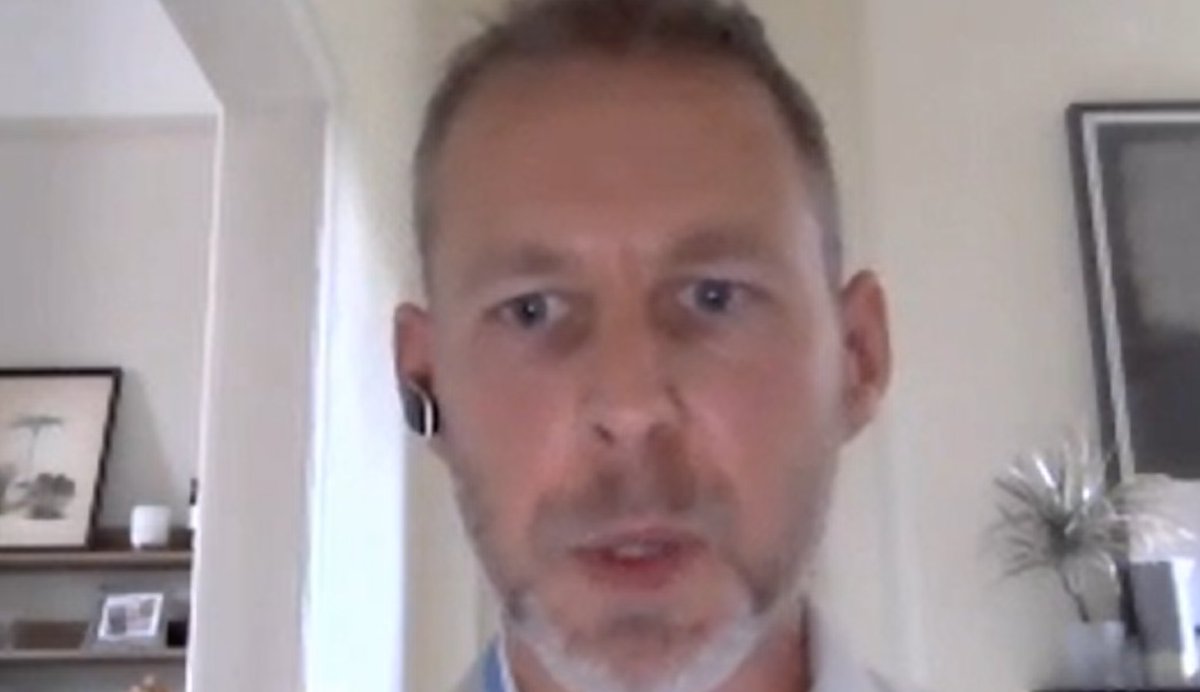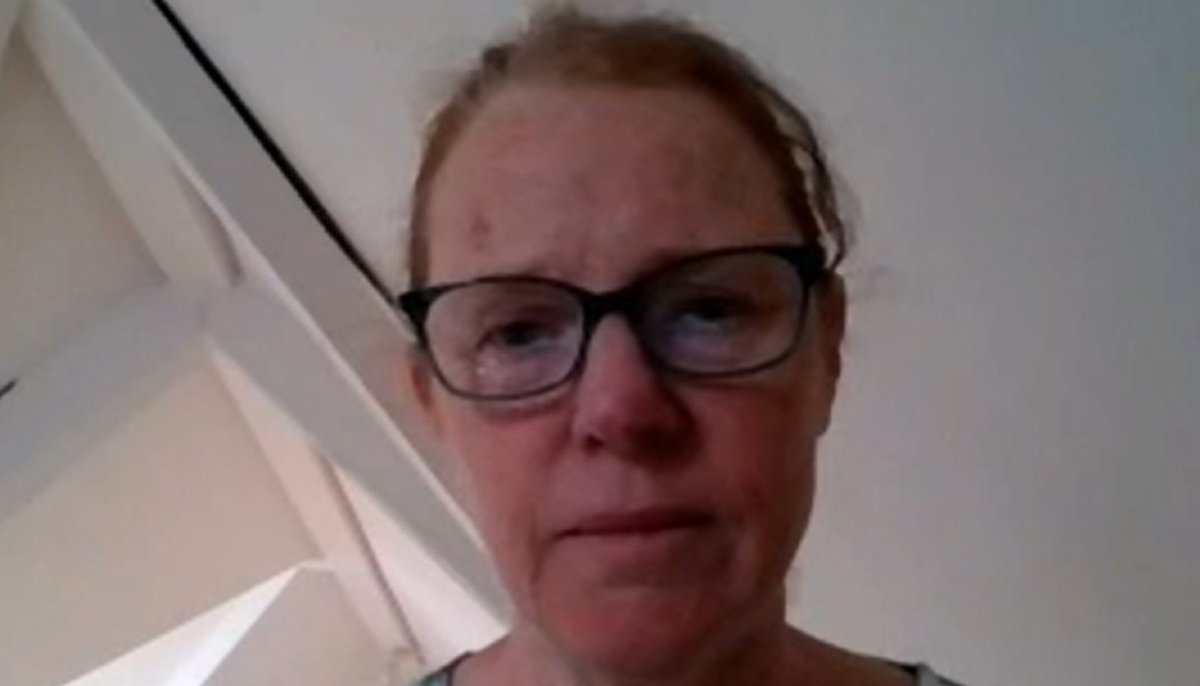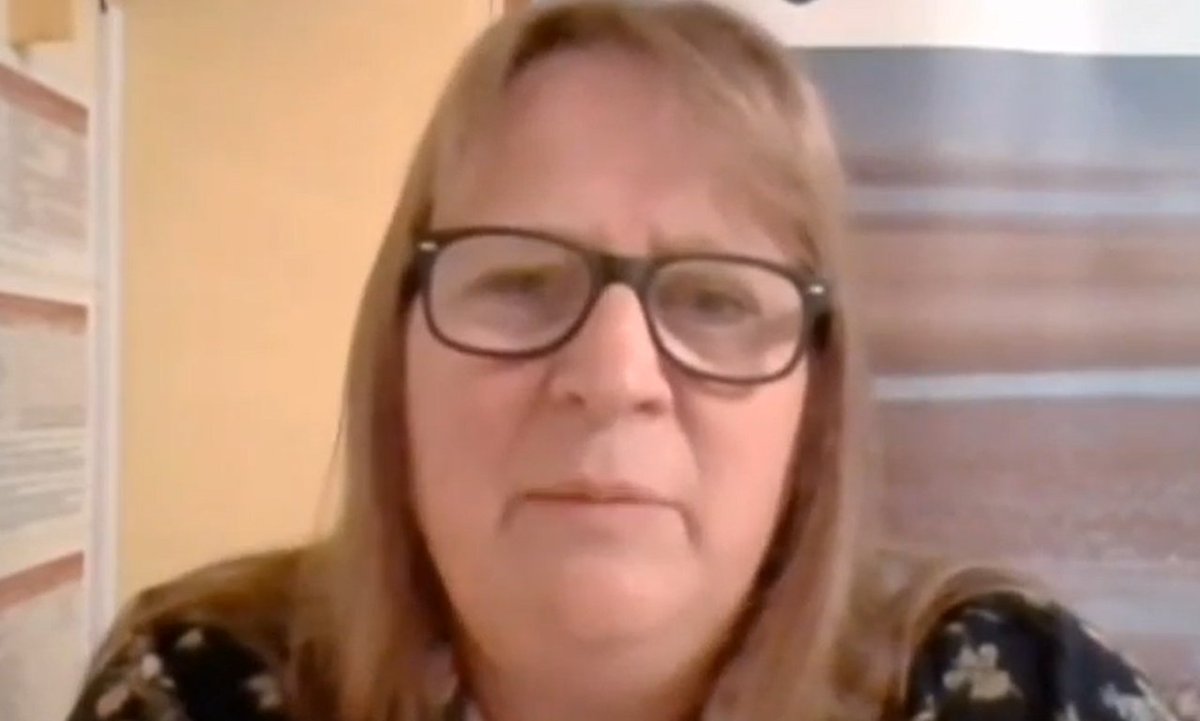
This session has just started, hearing from water companies on water quality in rivers.
💻Watch at bit.ly/3f5O4dJ #EACrivers
💻Watch at bit.ly/3f5O4dJ #EACrivers
https://twitter.com/CommonsEAC/status/1397447410389950464
.@al_chisholm of @CIWEM: "Surface water drainage, if done well could provide a major contribution to ensuring towns and cities are resilient to economic and social damages projected to grow significantly as a result of climate change..." (1/2)
.@al_chisholm of @CIWEM: "...It could help to reduce the urban heat island effect during heatwaves we're projected to receive far more of in the future." (2/2)
📺Watch live at bit.ly/3f5O4dJ #EACrivers
📺Watch live at bit.ly/3f5O4dJ #EACrivers

Bronwyn Buntine, @Kent_cc: "We should look at regulation, the type and quality of measures that we’re implementing. Non-statutory technical standards aren’t going to make it, it needs to be something that is compulsory. We can learn about water reuse from other countries." 

Ian Titherington, @cardiffcouncil: "The Greener Grangetown sustainable drainage project has been incredible. It's completely changed the community. It's changed people's perceptions of the area, it's greened it up, it's cleaned it up, people are proud of the streets." 

On to panel 2, with Daniel Johns of @AnglianWater: "Wet wipes need to be tackled at source so it is not possible to buy from a supermarket or your local drugstore chain wet wipes containing plastic fibres, and the same for sanitary products."
📺Watch at bit.ly/3f5O4dJ
📺Watch at bit.ly/3f5O4dJ

.@stormwater_jo: "Road runoff is toxic, we talk a lot about sewage pollution and CSOs but this is an organic pollution and the environment can tolerate it in small doses but what people overlook all the time is that highways pollution carries toxic pollutants every time it rains" 

Lila Thompson, @British_Water: "We need to ensure food establishments are able to manage their fats oils and grease. We don’t have proper legislation: the wording around management of FOG is very weak, it says what commercial kitchens *should* do rather than what they *must* do." 

.@DanielJ88, @AnglianWater: "Fatbergs occur when wet wipes and other unflushables combine with fats oils and greases. In seven months in we pulled out 200 tonnes of unflushables from South End sewers- the weight of two blue whales." (1/2)
"...The chief culprit is wet wipes containing plastic fibres. Now is the time to ban wet wipes containing plastic fibres."
📺footage of the session will stay at bit.ly/3f5O4dJ
📺footage of the session will stay at bit.ly/3f5O4dJ
Our session today has concluded, thank you to the witnesses and to you for following.
Video of the session will stay at bit.ly/3f5O4dJ and the transcript will be uploaded to bit.ly/EACtranscripts early next week
Video of the session will stay at bit.ly/3f5O4dJ and the transcript will be uploaded to bit.ly/EACtranscripts early next week
• • •
Missing some Tweet in this thread? You can try to
force a refresh






